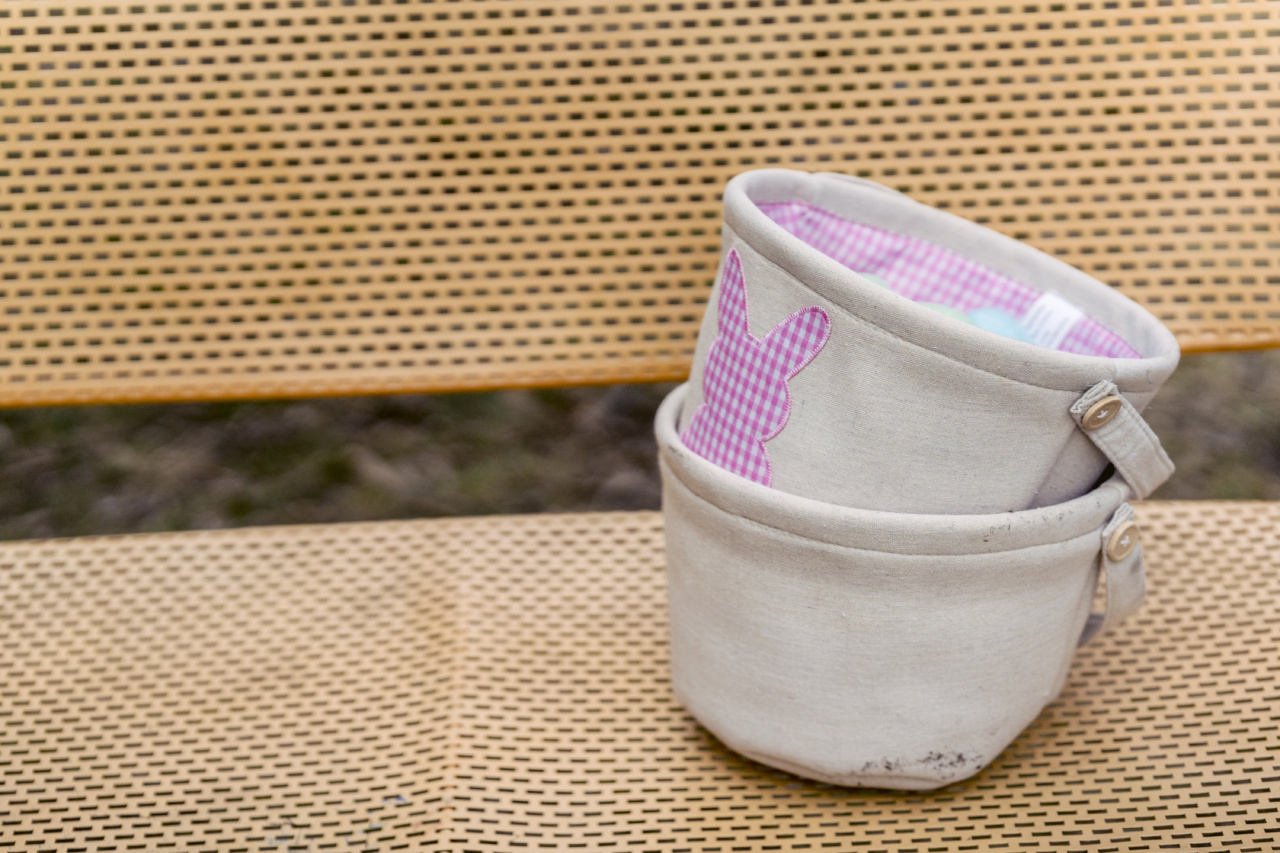Pregnancy is a beautiful and transformative time in a woman’s life. However, it can also come with its fair share of challenges and discomforts.
Fortunately, many of these small pregnancy issues can be managed and alleviated with simple remedies and lifestyle adjustments. In this article, we will explore some common pregnancy issues and provide tips on how to handle them effectively.
1. Morning Sickness
Morning sickness, characterized by nausea and vomiting, is a common pregnancy complaint. To alleviate this issue, try eating small, frequent meals throughout the day, avoiding oily and greasy foods, and staying hydrated.
Ginger, whether consumed as a tea or in its natural form, can also help soothe nausea.
2. Fatigue
Feeling exhausted during pregnancy is normal due to hormonal changes and the body’s demand for more energy to support the growing baby. Prioritizing rest and sleep is essential during this time.
Additionally, light exercise, such as prenatal yoga or gentle walking, can boost energy levels. Eating nutritious meals and staying hydrated will also support overall energy levels.
3. Heartburn
As pregnancy progresses, the growing uterus can put pressure on the stomach, leading to heartburn. To reduce its occurrence, eat smaller meals, avoid spicy and acidic foods, and drink fluids between meals rather than with them.
Propping up the upper body with pillows while sleeping can also help prevent acid reflux.
4. Swollen Feet and Ankles
Swelling, or edema, is a common pregnancy symptom, especially in the later stages. To minimize swelling, elevate the legs whenever possible, wear comfortable shoes, and avoid standing or sitting for extended periods.
Drinking plenty of water and consuming foods rich in potassium, such as bananas, can also help alleviate swelling.
5. Backache
The extra weight and shifting center of gravity during pregnancy can strain the back muscles. To relieve backache, maintain good posture, wear supportive shoes, use a pregnancy pillow for sleeping, and avoid lifting heavy objects.
Gentle stretching exercises and pregnancy-safe massages can also offer relief.
6. Constipation
Hormonal changes and the pressure of the growing baby on the intestines can lead to constipation. Increasing fiber intake by consuming fruits, vegetables, and whole grains, along with drinking plenty of water, can help regulate bowel movements.
Avoiding processed foods and staying physically active will also support healthy digestion.
7. Leg Cramps
Leg cramps, especially at night, can be quite distressing during pregnancy. Stretching the calf muscles before bed, staying active during the day to prevent muscle stiffness, and keeping hydrated can reduce the frequency of leg cramps.
Applying heat or taking a warm bath can provide instant relief during a cramp.
8. Breast Changes
As the body prepares for breastfeeding, the breasts may become sore, tender, or grow in size. Wearing a comfortable and supportive maternity bra can help alleviate discomfort.
Applying warm or cold compresses, as per personal preference, can also offer relief. Avoiding harsh soaps and opting for gentle cleansing can prevent further irritation.
9. Varicose Veins
Varicose veins, characterized by swollen and twisted veins, commonly appear in the legs during pregnancy due to increased blood volume and pressure.
To manage this issue, avoid prolonged standing or sitting, elevate the legs whenever possible, wear compression stockings, and engage in regular low-impact exercise. Massaging the legs can also help improve circulation.
10. Mood Swings
Hormonal changes during pregnancy can lead to sudden mood swings and emotional upheavals.
To maintain emotional well-being, practicing relaxation techniques, seeking emotional support from loved ones, and engaging in activities that bring joy and mindfulness can be beneficial. Communicate openly with your healthcare provider about any persistent mood changes.





























